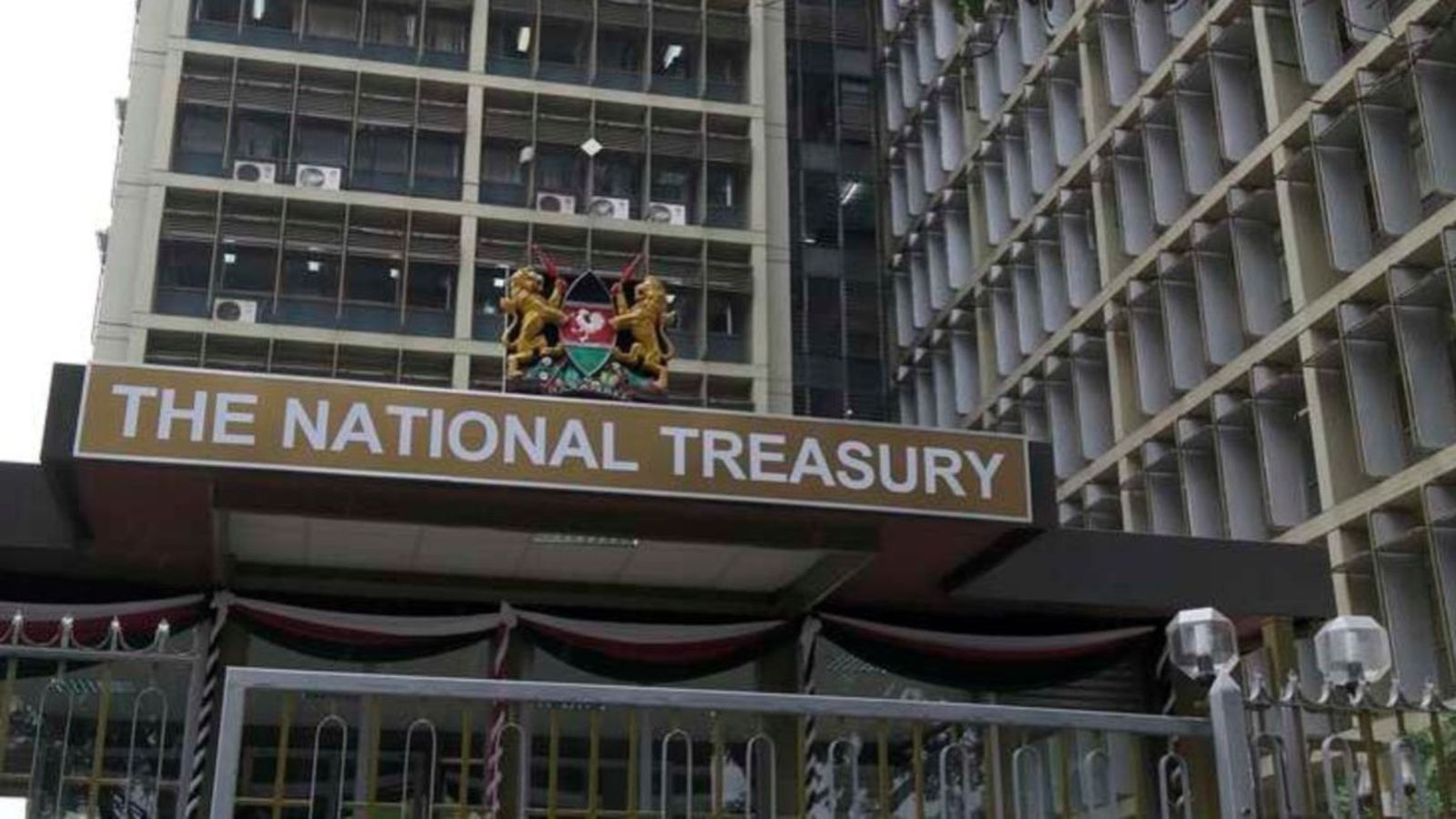In Summary
- Kenyan Citizens Express Concerns Ahead of 2024 Budget Reading
- Government faces mounting pressure to address these concerns
- Calls for public sensitization on the budget’s implications to manage expectations.
As the Kenyan government prepares to announce the financial budget for the upcoming year, there has been significant public outcry from citizens.
Majority feel that past budget readings have been treated as mere formalities with little impact on their daily lives.
Many ordinary citizens and civil servants argue that adjustments in the budget often fail to translate into tangible benefits, as the prices of essential commodities such as fuel, flour, and other basic goods continue to rise despite government assurances.
READ also:Finance Bill:How Government will Double-tax Basic goods in Eco-levy
Citizens Express Concerns

Madda Ngure, a certified contractor residing in Lindi, Kibera, emphasized the need for the upcoming budget to focus on supporting the manufacturing industry.
“The budget should create jobs and wealth, boost productivity, lower the cost of living, and ultimately, create prosperity for Kenya,” Ngure stated.
He also called for public sensitization on the budget’s implications to manage expectations.
Following the Kenyan head of state’s recent visit to the United States, where he secured substantial financial allocations for various sectors of the economy, many Kenyans are hopeful that the cost of living will decrease.
John Samiya, a civil servant living in Ayani Estate, Kibera, expressed this optimism:
“Many Kenyans are watching and waiting to see how the new budget will address our concerns. We are hopeful that it will lead to a reduction in the cost of living.”
Samiya’s comments come at a time when legislators are being urged by citizens to carefully consider the financial bill before passing it into law.
Politicians from the Mt. Kenya region are advocating for a revenue distribution model based on population, encapsulated in the “one man, one vote, one shilling” principle.
“If the Finance Bill 2024 is implemented as is, it will increase the cost of production, reduce industry competitiveness, and negatively impact both local and export markets,” Samiya warned. ”
This will lead to higher retail prices, burden the average Kenyan, and increase cash flow requirements amid rising interest rates.
Ultimately, it could force local industries to downsize, relocate, or close down.”
As the budget reading approaches, the government faces mounting pressure to address these concerns and deliver a financial plan that truly benefits the ordinary Kenyan.

